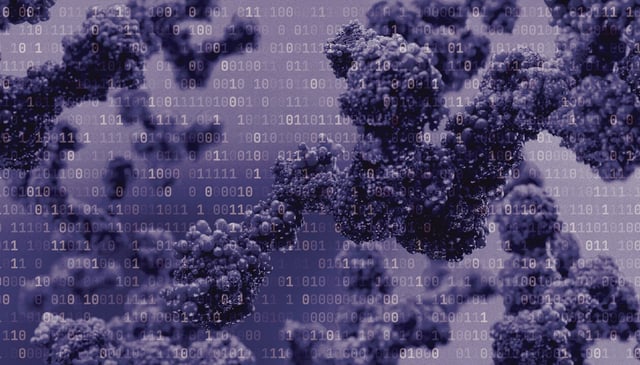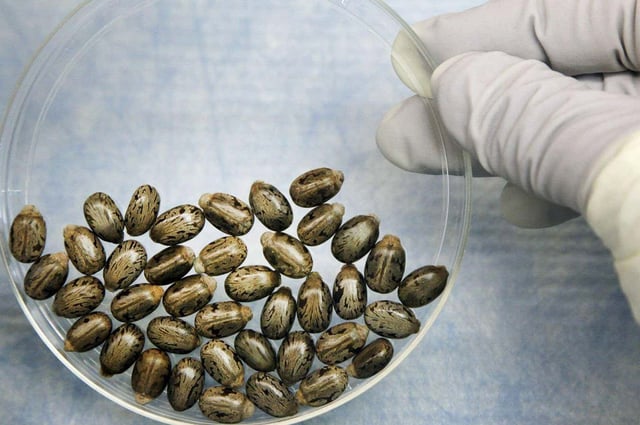Overview
- A peer-reviewed paper in Science describes how open-source AI protein design tools generated about 75,000 variants across 72 hazardous proteins that frequently evaded commercial DNA-synthesis screening.
- Researchers ran a 10‑month responsible disclosure effort with screening tool developers and DNA providers, resulting in software patches that raised detection rates, including for fragmented gene orders.
- Three of four screening providers deployed updates, but no system reached full coverage, with approximately 3% of AI-generated variants most likely to retain function escaping detection.
- All work was conducted in silico and no toxins were synthesized, leaving the real-world functionality of the AI-designed variants uncertain.
- Sensitive data and code are being released under a tiered access process administered by IBBIS, as experts call for layered defenses such as customer verification and broader supply-chain controls beyond sequence matching.



